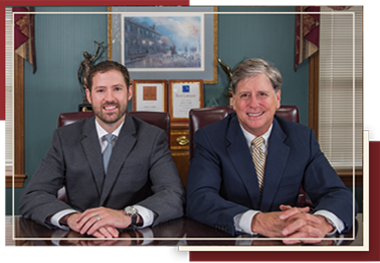Over 6 million car accidents happen each year in the U.S. If you have been involved in one, you may have suffered a physical injury, but some people also suffer from post-traumatic stress disorder afterwards.
You might find that you experience the following feelings in the days after the accident:
— Shock
— Anger
— Fear or uneasiness
— Nervousness or worry
— Guilt
— Trouble believing the accident really happened
You might also find that it is difficult to stop thinking about what happened or that the accident seems like it is on a video loop in your head.
Experiencing these feelings is normal after a traumatic event; however, when they become so strong that you are unable to live a normal life, it may be time to seek help.
Post-traumatic stress disorder can change the way you act and think. You may find that you have strong feelings and that they are interfering with your everyday life. Some of the sign of PTSD include;
— Problems riding in or driving vehicles
— An general feeling of uneasiness that never quite goes away
— Trouble sleeping or nightmares
— Excessive anger or worry
— Irritability
— Not wanting to have medical procedures or tests done
— An inability to stop ongoing memories of the crash
There are some tips that can help you cope with your feelings. First, talk to a counselor, friends or family about the accident. Stay active as much as possible. Next, see your family doctor. He or she can refer you to another provider who may be able to monitor your recovery. Finally, as soon as you are able, try to return to your normal routine and activities.
If the accident was not your fault, you may be able to seek compensation from the at-fault driver. Not only can this help with any financial repercussions of the accidents, but it could bring you closure. An experienced Virginia lawyer can help you learn more about your legal options.
Source: familydoctor.org, “Post-traumatic Stress Disorder | Post-traumatic Stress After a Traffic Accident,” accessed May 20, 2016


